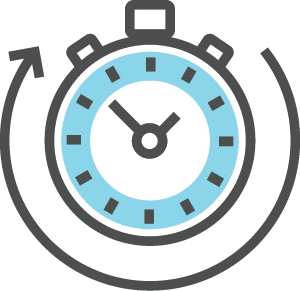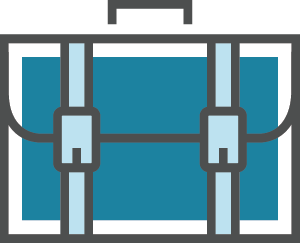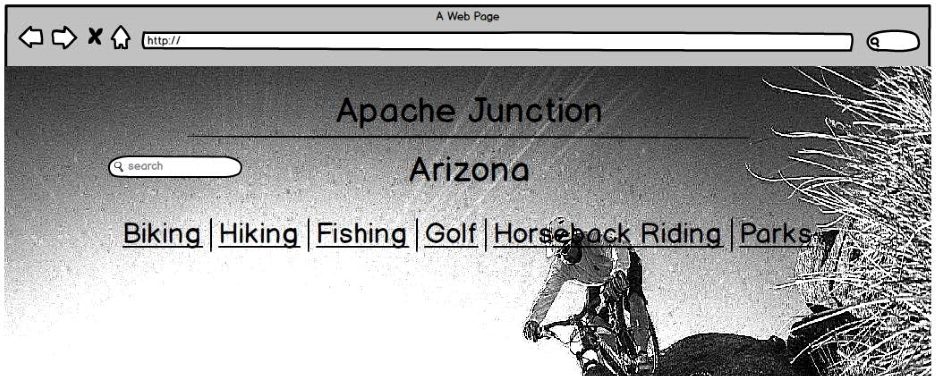
Graduate-level course identifies modifications to update Apache Junction’s tourism website.
By researching and evaluating user experience, ASU graduate students helped the City determine site upgrades.
Metrics
Community
Apache Junction, Arizona, USACommunity Size
41,739 (2018 Census Estimation)University
Arizona State UniversityProgram
Project CitiesYears
2017/2018Status
CompletedCase Type
Project StoriesSchool Size
Greater than 40,000Focus Areas
Economic and Social InclusionDiscipline
Art, Design, MarketingRegion
EPA Region 9, USACommunity Partner Department
Community RelationsPolicy
Community Engagement, Place Making, Tourism, WebsiteUniversity Department Code
CommunicationCommunity Population Sizes
41739 (2018 Census Estimation)Population Type
Business Owners and ConsumersWhile retail businesses maintain well-constructed websites using best practices in an ever-evolving field, many American cities might not have the capacity to develop the webpage functionality they desire. This is even more important for cities that rely on tourism revenue.
As travelers spend more time online researching potential destinations, it is increasingly important for cities to portray their community favorably online—a poorly constructed website might lead a traveler to ignore the potential a city has to offer.
Apache Junction, rich with natural resources and assets bordering Phoenix, created the “Positively Apache Junction” marketing campaign to improve the image of its city. One facet of the campaign was to attract tourists with their website, but they were unsure if it was successful at doing so.
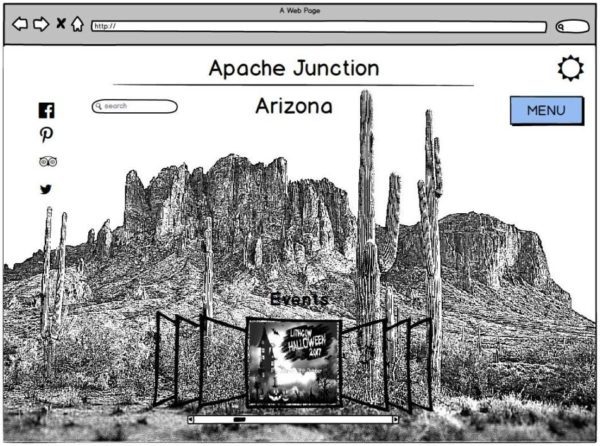
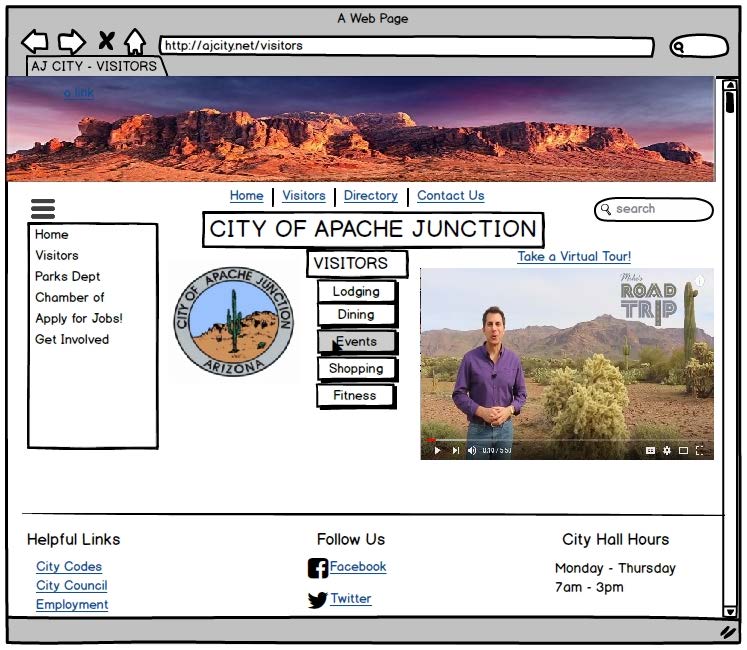
A quick assessment of their website revealed to Apache Junction that it lacked the information travelers often search for when researching cities. Additionally, the site is difficult to navigate, making it likelier for online users to be driven away. Ultimately, this could discourage tourism to their city.
To reinvigorate their website and increase tourism, Apache Junction invited a graduate course from Arizona State University’s Project Cities, a member of the EPIC-Network, that could evaluate the user experience of their website and provide recommendations for how to make the site more useful, attractive, and easy to navigate.
University Capital
The ASU students examined Apache Junction’s visitor website, assessing its content and organization while comparing it to similar websites. With the help of expert faculty member, Tatiana Batova, students also collected qualitative data to understand how users engaged—or were frustrated by—the Apache Junction website. Students used what they learned to build Apache Junction prototypes to illustrate what improvements could be made.
Increasing engagement with Apache Junction’s website
By employing human-centered research to evaluate user experience with Apache Junction’s website, the participating ASU graduate-level class was able to evaluate site usability. With their extensive research complete, students were able to recommended multiple strategies which, when implemented, could improve engagement and user experience with the Apache Junction visitor website.
Primary recommendations revolved around updating and maintaining the website, some of which included:
- Improving site engagement – Maintaining upkeep of the website for a perception of reliability, from removing dead hyperlinks to improving its Search Engine Optimization (SEO).
- Making the site more appealing – Adding interesting and informative content that is relevant to visitors so they will engage with the site further.
- Upgrading user experience – Improving the navigation of the website so users can more readily find relateable, enlightening information about the city.
Community Results
By analyzing Apache Junction’s website, students generated strategies intended to improve the visitor website’s content, navigation, and user engagement.
Arizona State University Project Cities Contact
Steve Russell
Program Manager
(480) 727-2698
steven.russell@asu.edu
Arizona State University Faculty Contacts
Evan Jordan
Assistant Professor
School of Community Resources and Development
Evan.Jordan@asu.edu
Tatiana Batova
Assistant Professor
College of Integrative Sciences and Arts
tbatova@asu.edu
City of Apache Junction Contact
Larry Kirch
Director
Development Services
lkirch@ajcity.net
480-474-5082
Al Bravo
Public Information Officer
Community Relations
abravo@ajcity.net
480-474-5080
Read the full story of the partnership.
Read the final student report delivered to the local gov/community partner.
This part of the project was completed as part of a collaborative effort between four classes over two semesters. To see the other projects visit the pages linked below:


